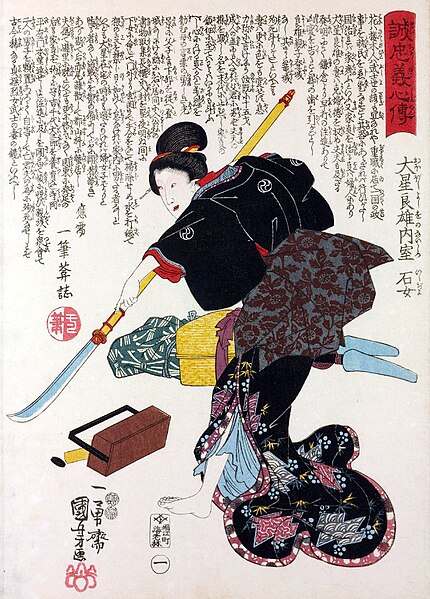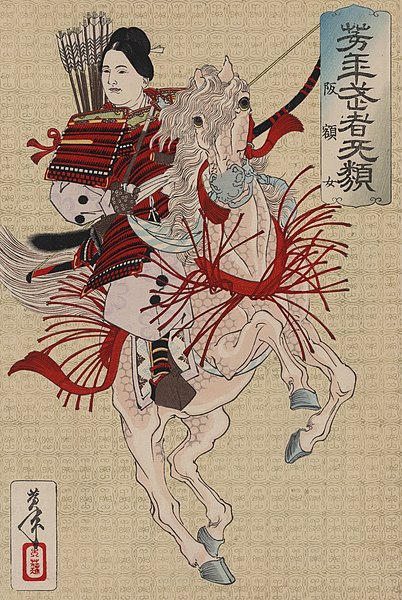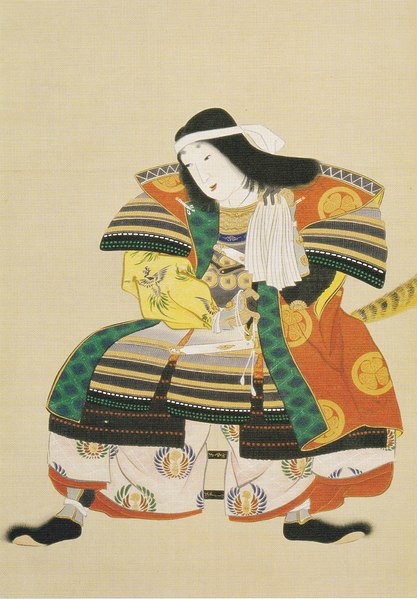Infinite photos and videos for every Wiki article ·
Find something interesting to watch in seconds
Presidents
Celebrities
Wonders of Nature
Largest Palaces
Countries of the World
Orders and Medals
History by Country
Sports
Tallest Buildings
Animals
British Monarchs
Best Campuses
Rare Coins
Ancient Marvels
Supercars
Great Museums
Recovered Treasures
Great Artists
Famous Castles
Kings of France
Wars and Battles
Largest Empires
Crown Jewels
World Banknotes
Great Cities
Richest US Counties
more top lists








